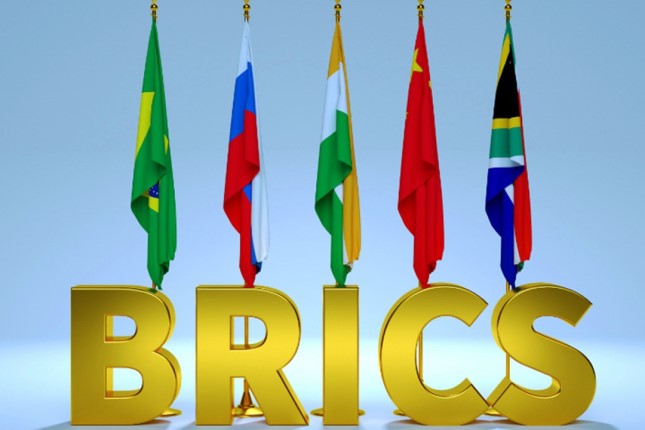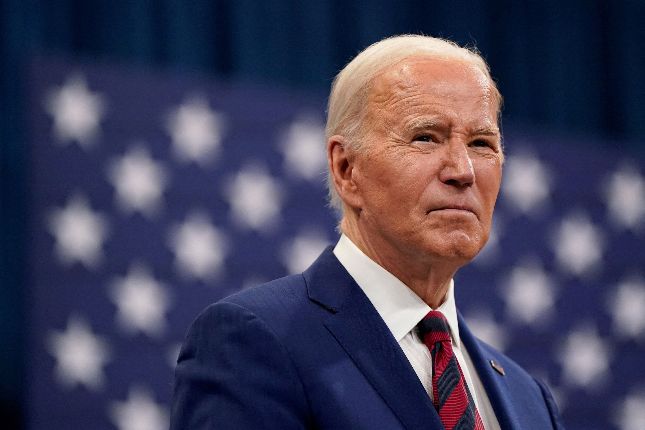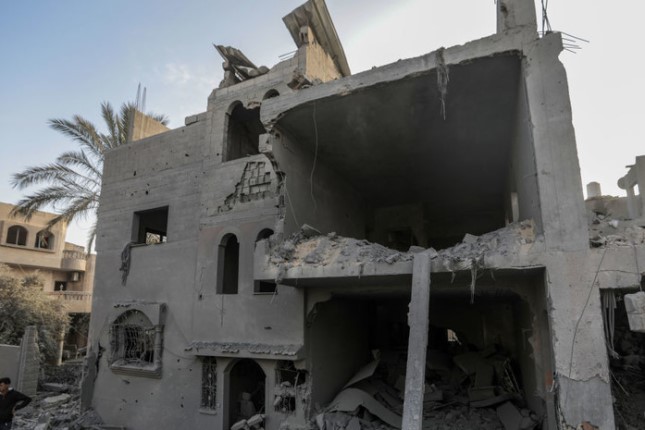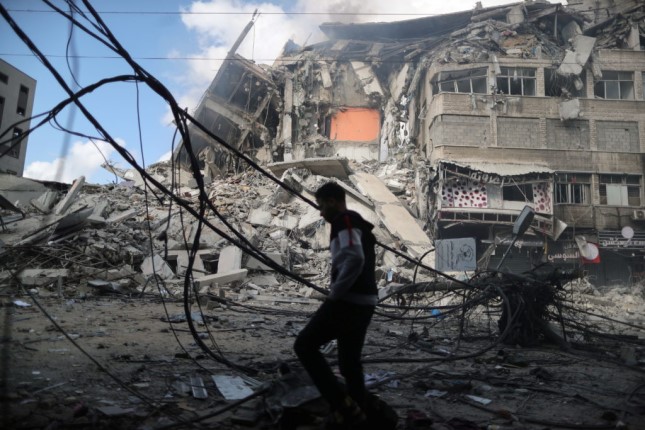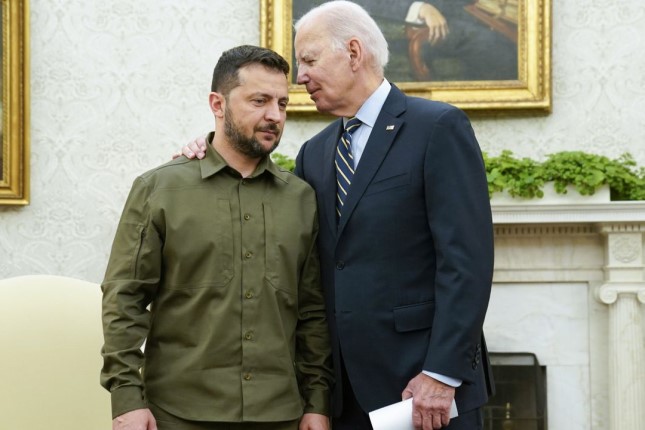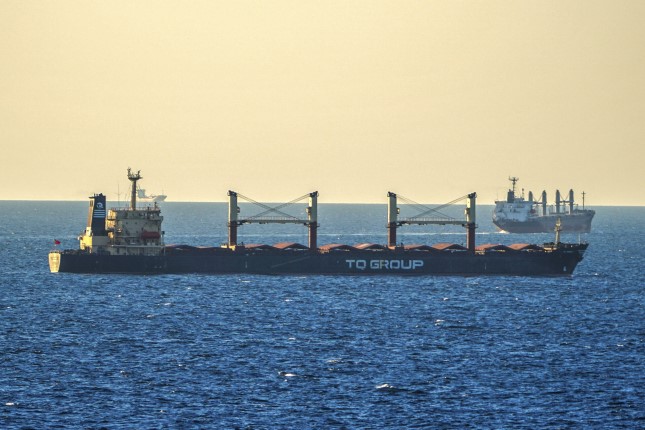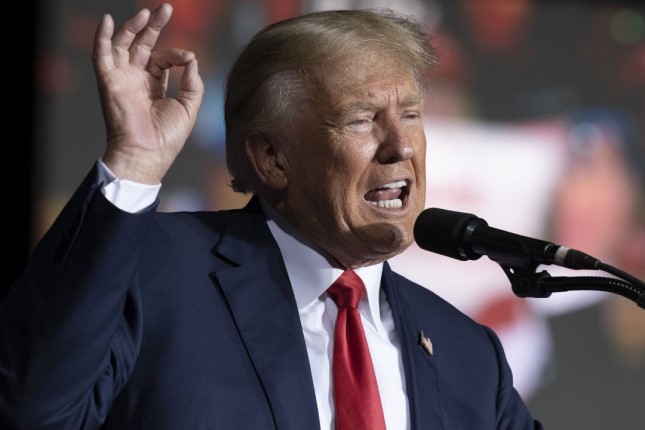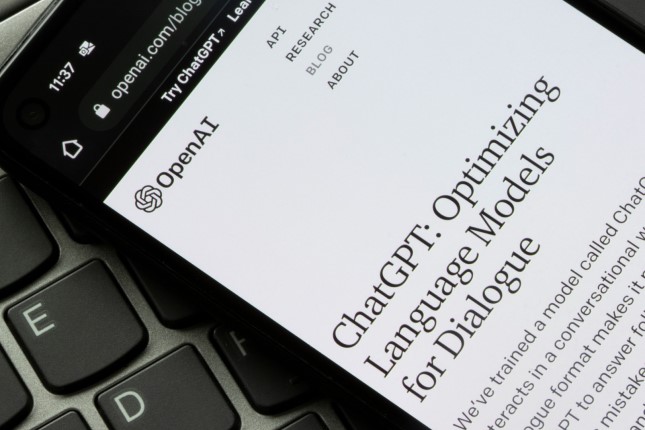Top national security officials and senior diplomats from BRICS and developing countries are gathering in Johannesburg, South Africa for a three-day meeting to have in-depth exchange of views on hotspot issues including Russia-Ukraine conflict and other global security issues of common concern, which analysts said would serve as political preparations for the leaders' summit in August, and the wider issues covered by the mechanism also underscore the bigger role it plays in global governance.
The meeting, which is scheduled to last from Monday to Wednesday, is reportedly chaired by South African President Cyril Ramaphosa's national security advisor Sydney Mufamadi, and is part of a series of BRICS meetings taking place ahead of the BRICS Summit in South Africa from August 22 to 24. Aside from BRICS countries, delegates representing a record 45 countries will also join the dialogue, media reported.
Wang Yi, director of the Office of the Foreign Affairs Commission of the Communist Party of China (CPC) Central Committee, also a member of the Political Bureau of the CPC Central Committee, is scheduled to attend the 13th Meeting of BRICS National Security Advisers and High Representatives on National Security from July 24 to 25, according to a release from China's Foreign Ministry.
Senior national security officials from other BRICS and other countries, including Russian Security Council Secretary Nikolay Patrushev, Secretary of the Supreme National Security Council of Iran Ali-Akbar Ahmadian, Indian National Security Advisor Ajit Doval will reportedly attend the meeting in person, media reported.
Making preparations
Senior finance, diplomacy and security officials from BRICS member countries traditionally meet in advance to exchange views and hold detailed cooperation in preparation for the leaders' summit.
The Meeting of BRICS National Security Advisers and High Representatives on National Security is an important platform for BRICS countries to carry out political and security cooperation. The three-day meeting will help BRICS countries coordinate stances on major global security issues, practice true multilateralism and promote global peace. It will also make preparations for the upcoming leaders' summit, Feng Xingke, secretary general of the World Financial Forum and director of the Center for BRICS and Global Governance, told the Global Times.
Topics covering traditional and non-traditional security threats, the Ukraine crisis, anti-terrorism and cyber security will be high on the summit's agenda, said Feng.
The Russia-Ukraine conflict has continued for more than a year with the entire international community feeling the strong impact, making the promotion of stable and peaceful development a major topic for every country, Wang Lei, director of the Center for BRICS Cooperation Studies at Beijing Normal University, told the Global Times.
In recent months, the issue of whether Russian President Vladimir Putin will attend the leaders' summit in South Africa in person in August, due to an arrest warrant issued by the International Criminal Court. over the conflict in Ukraine, has dominated Western media's reports on BRICS, which have been criticized by some experts for trying to divert discussions away from the set agenda.
It is unrealistic to expect BRICS countries to find a thorough settlement of the Ukraine crisis, but they may come up with new ways to promote communication under the security initiative shared by member countries, said Zhu Tianxiang, director at the Institute of Foreign Relations of the BRICS Research Institute of Sichuan International Studies University.
Other issues including the security of nuclear weapons, food, and energy will also be covered at the three-day meeting, given the chain effect caused by the Ukraine crisis. Security concerns of African countries and global multilateral governance will also be discussed in preparation for the upcoming leaders' summit, said the expert.
Growing influence
The wider topics covered by the BRICS meetings as well as the growing interest of more countries in joining the mechanism underscore the bigger role it is playing in global governance, analysts said, noting that this year's summit in South Africa in August may also be milestone in the growth of the multilateral mechanism.
This year's summit has attracted high attention as it is the first offline gathering of BRICS leaders for the past three years due to the COVID-19 pandemic, with higher expectations for further improving trust among members and reaching pragmatic achievements, Wang told the Global Times.
South Africa has invited the heads of state of all African countries to the summit, which will discuss how BRICS countries can partner with Africa to help the continent achieve economic growth, a senior South African official was cited as saying, the Xinhua News Agency reported.
With the wider attendance of African countries, more focus will be put on how to further encourage cooperation between BRICS and African countries, especially in the business and trade fields, how BRICS countries can help implement free trade agreements in African countries and how developing countries can achieve social and economic development in the post-COVID era, said Wang.
Moreover, more developing countries and new emerging economies, which have played a significant role in regional and global affairs, have expressed interest in joining BRICS, making the expansion of the mechanism important to the global governance system, said Wang.
Around 20 countries from around the world have applied to join the BRICS group, which currently consists of five nations, and an equal number of other countries have expressed interest in doing so, South Africa's ambassador-at-large for Asia and BRICS, Anil Sooklal, was cited by media as saying on Thursday.
Discussions on expanding BRICS are expected to be high on the agenda for the next two days as well as for the upcoming summit in August. More countries, especially developing countries are getting increasingly disappointed with the US and some Western countries' abuse of the current international governance system for hegemonic ends, and these developing countries and new emerging economies hope to build a mechanism that can be a voice for their interests, said analysts.
They noted that BRICS' increasing attractiveness lies in its bigger role in building consensus, and more countries are seeking to join it to coordinate and work to solve problems that concern them, which worries the US and some Western countries, with many Western media claiming that BRICS countries are leading developing countries away from the West.
Since its inception, the BRICS mechanism has focused on cooperation among developing countries and not creating confrontations, which is why it has won the support of developing countries that are victims of geopolitical or ideological games. BRICS has never had the intention of being a counterweight to the West, nor will it pull together small cliques. The deeper reason behind why the West seeks to smear the mechanism is their fear of developing countries' efforts in seeking the right to speak up in international affairs, said Feng.
The expert also noted that the summit in South Africa will let the whole world see the "BRICS strength", with developing countries focusing on promoting economic development, and encouraging trade and finance cooperation to make a greater contribution to global recovery and prosperity.
Source: The Global Times.
